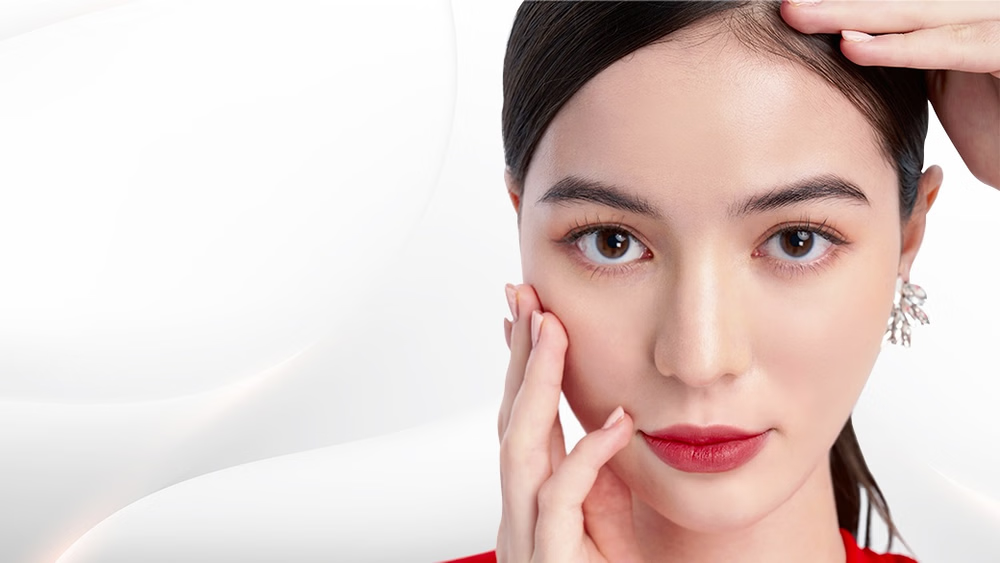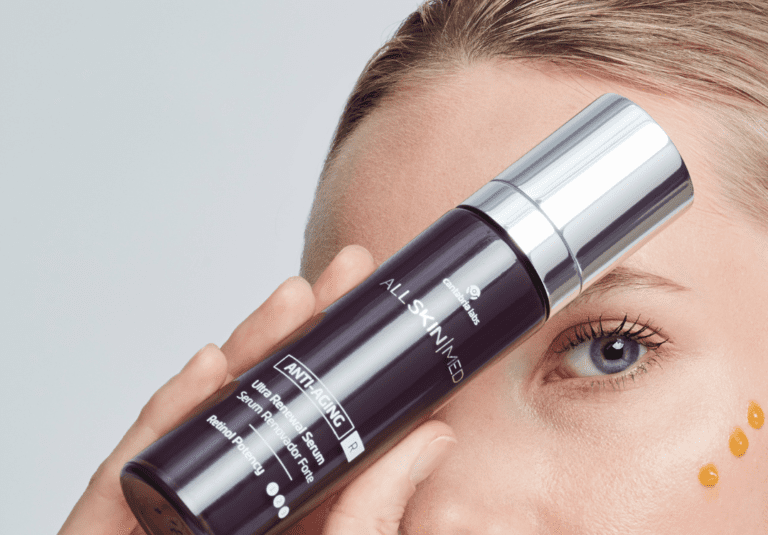Skin
Cosmetic Surgery: Enhancing Beauty and Confidence
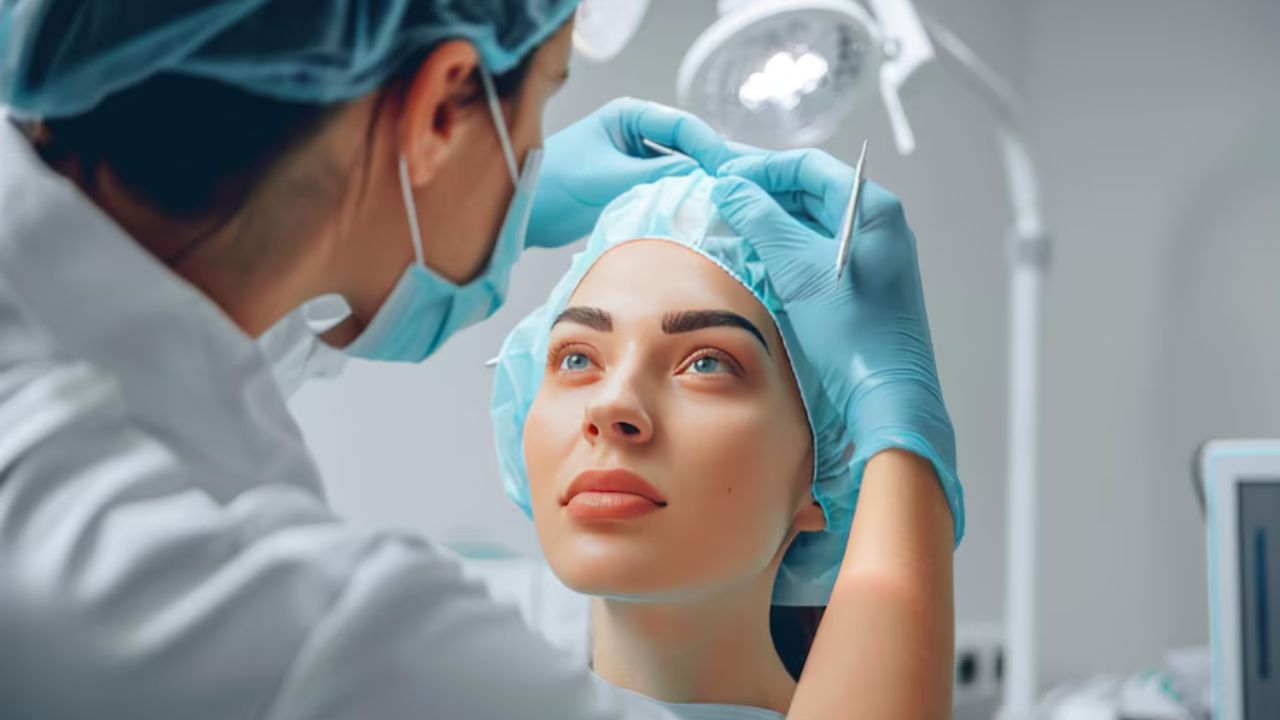
Cosmetic surgery has gained significant popularity in recent years, with more people choosing procedures to enhance their appearance. As medical technology advances, cosmetic surgery options have become safer, more effective, and more accessible. Whether people seek to correct perceived imperfections or achieve a youthful look, cosmetic surgery offers diverse solutions. In this article, we will explore the types, benefits, risks, and growing trends surrounding cosmetic surgery.
Cosmetic surgery is no longer reserved for the elite or celebrities; it’s now a common option for individuals from all walks of life. By improving physical appearance, many patients report enhanced self-esteem and confidence. However, understanding the procedures and their potential effects is crucial for making informed decisions. Let’s dive into and explore everything it has to offer.
What is Cosmetic Surgery?
Cosmetic surgery refers to a variety of procedures aimed at improving an individual’s appearance. These procedures focus on enhancing aesthetic appeal rather than addressing medical concerns. They can be done on almost any part of the body, from facial features to body contouring.
While many people use “cosmetic surgery” and “plastic surgery” interchangeably, there’s a subtle difference. Plastic surgery focuses on reconstructing facial and body defects caused by trauma, birth disorders, or illness. Cosmetic surgery, however, focuses on improving appearance for aesthetic purposes. This distinction is important, as it helps patients choose the right surgeon and procedure for their goals.
Popular Cosmetic Surgery Procedures
Several cosmetic surgery procedures are available today, each addressing specific aesthetic concerns. Some of the most popular ones include:
Facelifts
Facelifts target sagging skin, wrinkles, and loss of muscle tone in the face and neck. This procedure provides a more youthful appearance by tightening and smoothing the skin.
Rhinoplasty (Nose Job)
Rhinoplasty reshapes the nose to improve its size, shape, or function. It’s one of the most common procedures for enhancing facial balance and correcting breathing issues.
Breast Augmentation
Breast augmentation enhances the size and shape of the breasts using implants or fat transfer. It’s a popular choice for women seeking a fuller bust or correcting asymmetry.
Liposuction
Liposuction removes excess fat deposits from various areas of the body. This procedure is ideal for individuals who struggle with stubborn fat that doesn’t respond to diet and exercise.
Tummy Tuck (Abdominoplasty)
A tummy tuck tightens the abdominal muscles and removes excess skin, resulting in a firmer, flatter abdomen. It’s especially popular among those who have lost significant weight or had multiple pregnancies.
Botox and Dermal Fillers
While not surgical, Botox and dermal fillers are non-invasive treatments that reduce the appearance of wrinkles and fine lines. They offer temporary but effective results and are often used as alternatives to more invasive procedures.
The Benefits of Cosmetic Surgery
Many people turn to cosmetic surgery to enhance their physical appearance and boost self-confidence. However, the benefits extend beyond aesthetics. Cosmetic surgery can lead to improved mental and emotional well-being.
Enhanced Self-Esteem
One of the most significant benefits of cosmetic surgery is the positive impact it has on self-esteem. When individuals feel more confident in their appearance, they tend to feel more comfortable in social situations. They may also experience a boost in professional settings, as confidence often translates to improved performance.
Improved Physical Health
Some cosmetic surgery procedures also offer health benefits. For example, rhinoplasty can correct breathing issues, while breast reduction surgery alleviates back pain. Liposuction can also remove fat deposits that increase the risk of heart disease and diabetes.
Youthful Appearance
As we age, our skin loses elasticity, and signs of aging like wrinkles and sagging skin appear. Cosmetic surgery helps reverse these effects, providing a more youthful appearance. Facelifts, eyelid surgery, and skin tightening procedures can take years off a person’s appearance.
Body Contouring
After significant weight loss, individuals may experience excess skin and stubborn fat pockets. Cosmetic surgery helps contour the body to achieve a more toned and sculpted look. Procedures like tummy tucks, arm lifts, and thigh lifts remove the extra skin and create a sleeker figure.
Cosmetic Surgery Trends
The world of cosmetic surgery is continuously evolving, with new techniques and procedures gaining popularity every year. Staying informed about the latest trends can help patients make educated decisions about their treatments.
Minimally Invasive Procedures
Non-surgical procedures are becoming increasingly popular due to their minimal downtime and lower risks. Treatments like Botox, dermal fillers, and chemical peels provide quick results without the need for surgery. These procedures appeal to individuals looking for subtle improvements with little recovery time.
Preventative Botox
Many younger individuals are opting for Botox treatments as a preventative measure against wrinkles. Starting Botox in their 20s or 30s, they aim to prevent the formation of deep lines and wrinkles before they develop.
Customizable Procedures
Patients are now seeking more customized cosmetic surgery options that cater to their specific needs and goals. Rather than opting for a “one-size-fits-all” approach, they work closely with surgeons to design procedures that address their unique concerns. Whether it’s a mini-facelift or combined surgeries, personalized procedures deliver better results and higher satisfaction.
Fat Transfer
Fat transfer involves using a patient’s own fat to enhance specific areas of the body. It’s commonly used for breast augmentation, buttock enhancement, and facial rejuvenation. Since the fat comes from the patient’s body, there’s a lower risk of complications, and the results appear more natural.
Risks and Considerations
While cosmetic surgery offers many benefits, it’s essential to understand the risks involved. Every procedure carries potential complications, and patients should weigh these risks carefully before making a decision.
Scarring
Most cosmetic surgeries involve incisions, which can lead to scarring. Surgeons aim to minimize scarring by placing incisions in less visible areas. However, some patients may experience more noticeable scars based on their skin type or healing process.
Infection
Surgical procedures always carry a risk of infection, which can occur if proper post-operative care isn’t followed. Patients must adhere to their surgeon’s aftercare instructions to reduce this risk.
Complications
While rare, complications such as blood clots, anesthesia reactions, or prolonged healing can occur. Choosing a qualified and experienced surgeon reduces the likelihood of these complications.
Unrealistic Expectations
Some individuals may have unrealistic expectations about the results. It’s crucial to understand that surgery can enhance appearance, but it won’t create perfection. Patients should discuss their goals with their surgeon and set realistic expectations for the outcome.
Choosing the Right Surgeon
Choosing the right surgeon is one of the most critical steps in ensuring a successful cosmetic surgery experience. A qualified, experienced surgeon will not only provide the desired results but also minimize risks and complications.
Board Certification
Patients should always choose a board-certified plastic surgeon with specialized training in cosmetic surgery. Board certification ensures that the surgeon has undergone extensive training and meets high standards of care.
Experience and Expertise
Experience matters in cosmetic surgery. Patients should seek surgeons who specialize in the specific procedures they’re considering. Reviewing before-and-after photos and reading patient testimonials can provide valuable insights into the surgeon’s expertise.
Consultation
A consultation allows patients to ask questions, express concerns, and discuss their goals with the surgeon. During this appointment, the surgeon will evaluate the patient’s suitability for the procedure and outline the potential risks and benefits.
Recovery and Post-Surgery Care
Recovery is a crucial part of the process, and proper post-surgery care can significantly impact the results. Patients should follow their surgeon’s aftercare instructions to ensure a smooth recovery and minimize the risk of complications.
Follow-Up Appointments
Regular follow-up appointments with the surgeon are essential for monitoring the healing process. These appointments allow the surgeon to address any concerns and ensure that recovery is progressing as expected.
Rest and Healing
Patients should prioritize rest and avoid strenuous activities during the initial recovery period. Depending on the procedure, recovery times vary, but most patients can return to normal activities within a few weeks.
Avoiding Sun Exposure
Sun exposure can hinder the healing process and cause pigmentation issues, especially around surgical scars. Patients should use sunscreen and avoid direct sunlight during the recovery phase.
Conclusion
Cosmetic surgery offers numerous options for enhancing appearance, improving self-esteem, and boosting confidence. From facelifts to liposuction, patients can choose procedures tailored to their individual goals. While cosmetic surgery carries risks, advances in medical technology and the expertise of skilled surgeons have made it safer and more effective than ever. By understanding the benefits, risks, and trends, individuals can make informed decisions about cosmetic surgery. Whether it’s a subtle enhancement or a more dramatic transformation, cosmetic surgery continues to provide life-changing results for people seeking to look and feel their best.
FAQs
What is the difference between cosmetic and plastic surgery?
Cosmetic surgery enhances appearance, while plastic surgery reconstructs defects from trauma, illness, or birth disorders.
How long does it take to recover from cosmetic surgery?
Recovery time varies by procedure. Most patients resume normal activities within a few weeks.
Are cosmetic surgery results permanent?
Most results are long-lasting, but natural aging or lifestyle factors may affect them over time.
How do I choose the right cosmetic surgeon?
Choose a board-certified surgeon with experience in the specific procedure. Consultations are crucial for discussing goals.
What is the most popular cosmetic surgery procedure?
Breast augmentation, liposuction, and Botox are among the most popular cosmetic procedures.
Are non-surgical cosmetic treatments effective?
Non-surgical treatments like Botox and fillers provide temporary but effective results with minimal downtime.
Skin
Superior Manicure And Pedicure Near Me
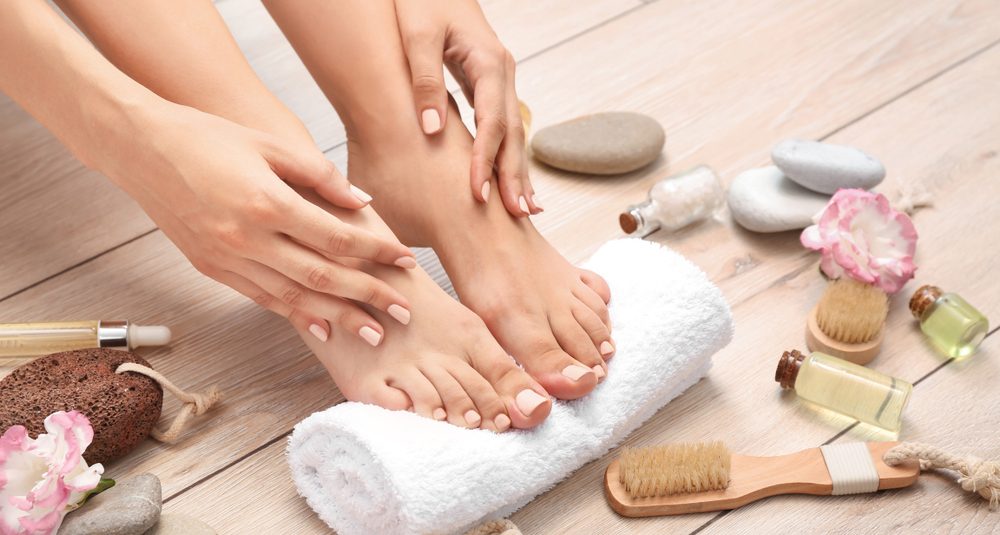
Manicure and pedicure transcend mere aesthetic indulgence—they embody self-nurturing rituals. Whether preparing for a grand event or reveling in restorative moments, locating a stellar salon nearby can amplify the experience. Why endure long commutes when impeccable nail care awaits just around the corner?
Advantages of Regular Nail Care
Enhanced Nail Vitality

Routine manicures and pedicures fortify nail health, curbing vulnerabilities like brittleness and fungal maladies. Skilled technicians meticulously trim, buff, and nourish your nails, ensuring enduring strength and vitality.
Serenity and Stress Dissolution
In a world of chaos, these treatments offer an oasis of tranquility. The gentle massages, soothing warm soaks, and serene atmosphere dissolve tension, rejuvenating both mind and spirit.
Polished Elegance
Well-groomed nails exude confidence. Whether you favor vibrant hues or understated neutrals, a freshly manicured set effortlessly enhances your overall appearance.
How to Unearth the Finest Manicure and Pedicure Near You
Leverage Digital Reviews
Platforms like Google, Yelp, and Facebook brim with insights. Prioritize feedback highlighting cleanliness, service excellence, and client satisfaction.
Rely on Personal Recommendations
Trustworthy endorsements from friends, family, or colleagues often eclipse anonymous reviews, steering you toward hidden gems.
Assess Hygiene Protocols
Tool Sterilization Practices
Opt for salons employing autoclaves or single-use tools to mitigate infection risks.
Impeccable Cleanliness
A spotless environment—be it floors, chairs, or workstations—reflects professionalism and meticulous care.
Seek Certified Technicians
Entrust your nails to seasoned, licensed professionals for a secure and exceptional experience.
Varieties of Manicures and Pedicures

Classic
This evergreen choice encompasses fundamental nail care, cuticle grooming, and a polish application of your liking.
Gel
Revered for durability, gel treatments resist chipping and retain their luster longer.
Spa Treatments
Elevate your session with exfoliation, nourishing masks, and warm towel wraps for ultimate relaxation.
French Tips
Timelessly sophisticated, this style complements any occasion with subtle elegance.
What to Anticipate During Your Appointment
Personalized Consultation
Communicate your preferences and concerns openly. A skilled technician will adapt the service to align with your unique needs.
Step-by-Step Process
From soothing soaks to the final polish, every stage is curated to leave you invigorated.
Optional Add-Ons
Enhance your experience with extras like intricate nail art, paraffin treatments, or extended massages.
Essential Attributes of a Premium Nail Salon
Welcoming Ambiance
A serene setting with calming melodies and plush seating augments the experience.
Superior Products
High-caliber polishes and creams yield visibly superior outcomes.
Affable Personnel
Courteous, attentive staff foster a hospitable environment.
Trending Nail Care Styles
Minimalist Artistry
Delicate designs such as geometric motifs or single-line embellishments are in vogue.
Vivid Shades
Bold tones—from fiery scarlets to electrifying greens—dominate current trends.
Au Naturel
Many embrace the understated allure of bare, well-maintained nails for a fresh, clean look.
Tips for Prolonging Nail Health
Post-Treatment Guidelines
Steer clear of water exposure for several hours to secure your polish.
Moisturization Essentials
Regularly hydrate your nails and cuticles using nourishing oils and creams.
Choose Safer Polishes
Opt for non-toxic formulations devoid of harmful chemicals like formaldehyde.
Comparing Affordable and Luxury Nail Salons
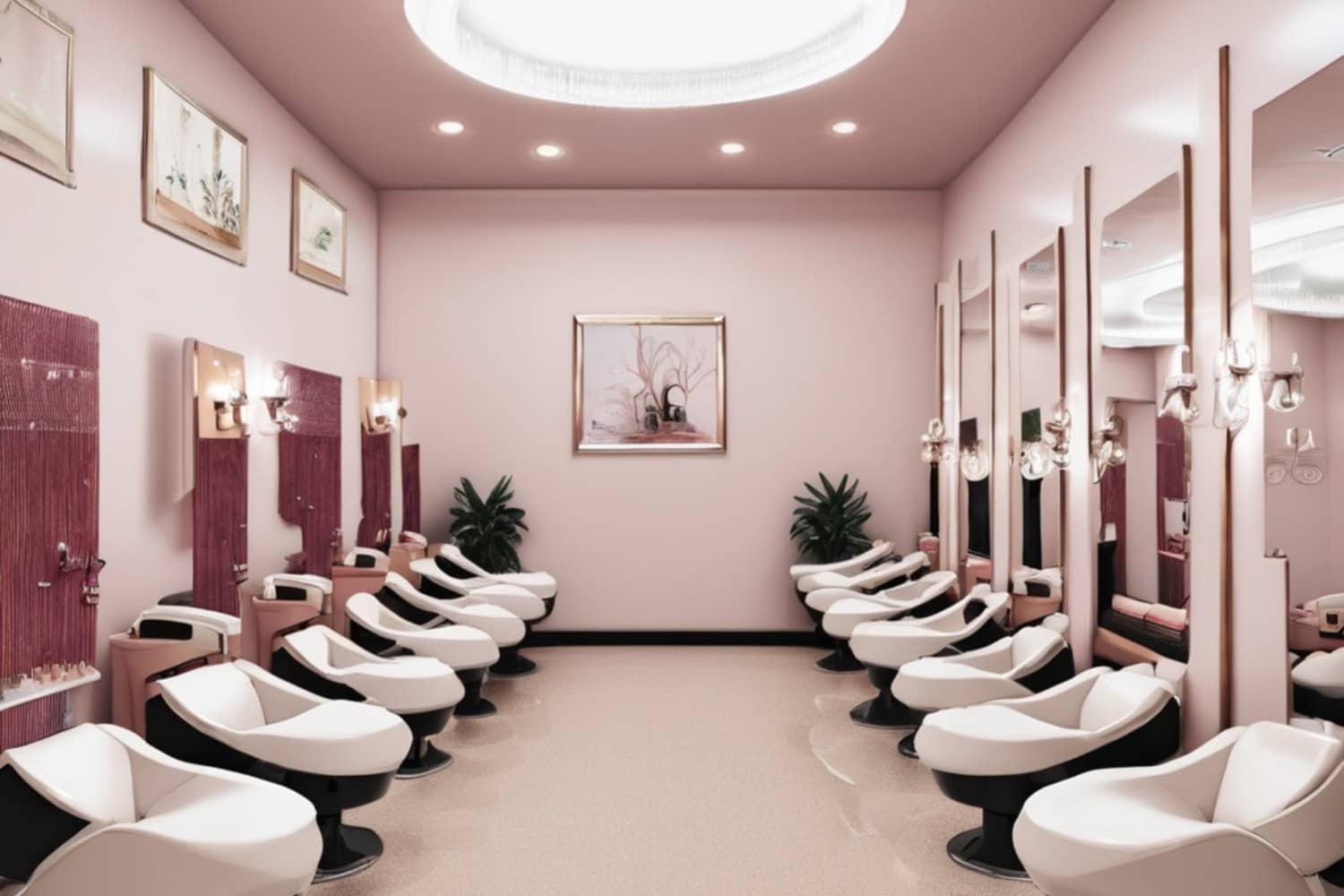
Affordable Options
Budget-friendly salons deliver essential services without excessive embellishments.
Upscale Experiences
High-end salons boast premium products, meticulous service, and an opulent atmosphere.
Conclusion
Your nails merit the finest care, and discovering a nearby manicure and pedicure haven is simpler than imagined. Whether your priority is economical efficiency, lavish pampering, or a harmonious blend of both, remember that prioritizing self-care is always rewarding.
FAQs
- How frequently should I schedule nail treatments?
Every 2-4 weeks, depending on nail growth and personal habits. - Are gel treatments safe?
Yes, provided a professional administers and removes them correctly. - What’s the typical cost range?
Services generally range from $20 to $80, contingent on the salon and offerings. - How can I verify a salon’s hygiene standards?
Look for sterilized tools, pristine workstations, and an overall hygienic setup. - Are manicures and pedicures suitable for men?
Absolutely! Nail care transcends gender—it’s for everyone.
Skin
Why Does My Car Smell Like Nail Polish Remover?

Were you ever hopped into your car, only to be hit by a chemical smell like nail polish remover? This isn’t just unpleasant—it’s often a warning sign that something in your car needs attention. Unusual odors can signal mechanical or safety issues, and addressing them early can save you from costly repairs.
So, why does your car smell like a nail polish remover? Let’s explore the possibilities.
Common Causes of Chemical Odors in Cars

Cars can emit various smells, each hinting at specific issues. A nail-polish-remover-like smell, often associated with acetone, is commonly linked to:
- Fuel system leaks
- HVAC contamination
- Battery problems
- Overheating mechanical components
Ignoring these can lead to safety risks and expensive repairs.
Why Your Car Smells Like Nail Polish Remover
The Chemical Behind the Odor
Acetone, a volatile organic compound (VOC), causes the smell of nail polish remover. In cars, this smell usually indicates that something is producing or leaking similar VOCs.
Common Sources of the Smell
- Fuel System Leaks
- Gasoline contains acetone-like chemicals that evaporate quickly. A leak in the fuel tank or lines can release these fumes, creating a strong chemical odor.
- HVAC System Contamination
- Mold, refrigerants, or chemical residues in the air vents can emit an acetone-like smell.
- Faulty AC components may also leak refrigerants with a chemical odor.
- Overheating Car Battery
- Overheating or damaged batteries can release fumes resembling acetone. This requires immediate attention to prevent potential failure or explosion.
- Worn-out or Overheating Clutch (Manual Transmission)
- Excessive friction from a failing clutch can produce heat and chemical-like odors.
Diagnosing the Problem
Steps to Identify the Cause
- When does the smell occur?
- On ignition, acceleration, or with the AC running?
- Are there warning lights?
- Look for battery, engine, or other system indicators.
- Are there unusual sounds?
- Clicking, hissing, or grinding sounds can provide additional clues.
DIY Inspection Tips
- Under the Hood: Look for visible leaks or swelling in components.
- Fuel System: Sniff near the fuel cap for strong odors.
- Battery: Check for swelling or corrosion.
Risks of Ignoring the Smell

Ignoring the smell isn’t just inconvenient—it can be dangerous:
- Fuel leaks: Increase fire risks.
- Battery issues: Can lead to failures or explosions.
- HVAC contamination: This may expose you to harmful chemicals.
Addressing the issue promptly ensures your safety and prevents expensive repairs.
Fixing the Problem
Professional Repairs
- Fuel System: Fixing leaks can cost $200–$500.
- HVAC System: Cleaning or repairing vents starts at $150.
- Battery Replacement: A new battery typically costs $100–$300.
Preventative Maintenance
- Follow your car’s service schedule.
- Replace air filters regularly.
- Inspect the battery for wear and corrosion.
When to Seek Immediate Help
Seek immediate help if the smell is:
- Intense.
- Accompanied by smoke or warning lights.
- Persisting despite basic maintenance.
Preventing Future Odors
Regular Maintenance
- Schedule periodic inspections.
- Replace filters and worn components.
- Clean vents to avoid the buildup of contaminants.
Proper Cleaning Practices
- Avoid chemical spills inside the car.
- Clean vents and upholstery regularly to prevent residue.
Conclusion
A nail polish remover smell in your car isn’t just an annoyance—it’s a signal that something needs attention. Whether it’s a fuel leak, battery issue, or HVAC contamination, promptly diagnosing and fixing the problem can save you from more significant trouble. Take action to ensure your car is safe and running smoothly.
FAQs
Q: What should I do if my car smells like chemicals but seems fine?
A: Inspect the car or visit a mechanic to rule out hidden issues.
Q: How can I safely inspect my car for unusual smells?
A: Turn off the engine, wear gloves, and check for visible damage or leaks.
Q: Is the smell always dangerous?
A: Not always, but it’s often a sign of a problem that needs attention.
Q: Can the smell harm my health?
A: Yes, prolonged exposure to chemical fumes can be hazardous.
Q: What’s the average cost to fix a fuel system leak?
A: Repairs typically range from $200 to $500, depending on the extent of the damage.
Skin
How to Use Global Beauty Care Retinol Skin Cream
-
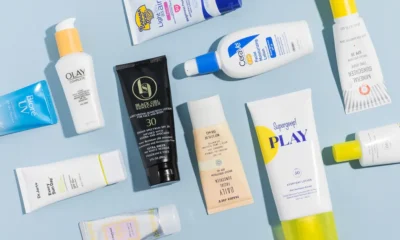
 Skin9 months ago
Skin9 months agoNatural Oil-Free Face Moisturizer Reviews & Buyers Guide
-
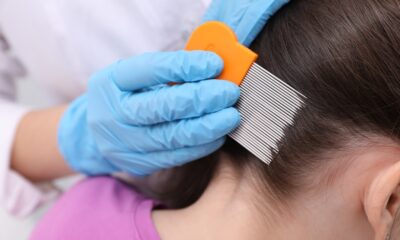
 Hair3 weeks ago
Hair3 weeks agoDoes a Flat Iron Kill Lice? Fact or Myth?
-
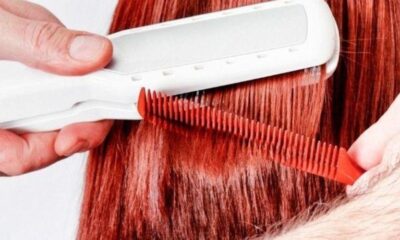
 Hair9 months ago
Hair9 months agoDoes a Flat Iron Kill Lice? Fact or Myth?
-

 Skin8 months ago
Skin8 months agoAbout Face Beauty: Tips for Enhancing Your Natural Beauty
-
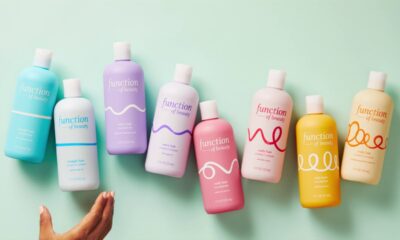
 Hair9 months ago
Hair9 months agoFunction of Beauty: Personalized Hair Care for Your Unique Needs
-
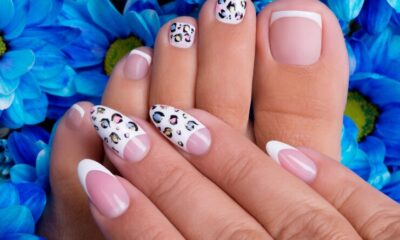
 Skin8 months ago
Skin8 months agoBeautiful Nails: Tips and Tricks for Healthy and Gorgeous Nails
-
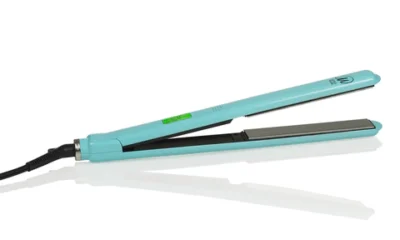
 Hair9 months ago
Hair9 months agoTitanium Flat Iron vs. Ceramic
-
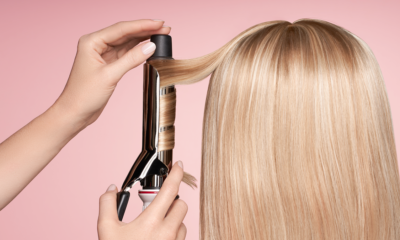
 Hair9 months ago
Hair9 months agoHow to Curl Your Hair with a Flat Iron for Beginners

